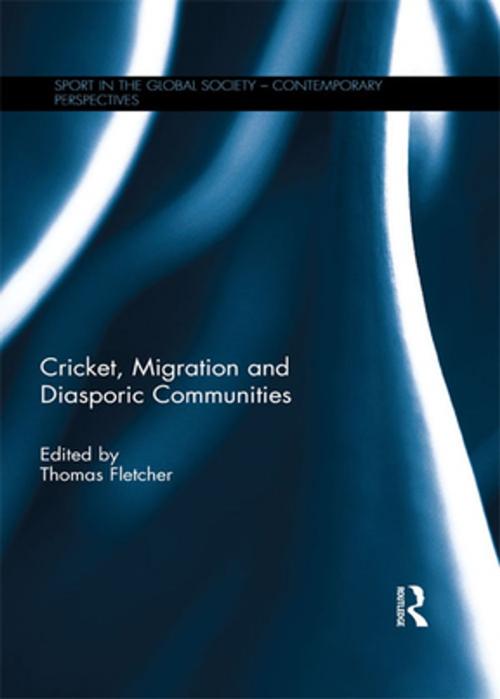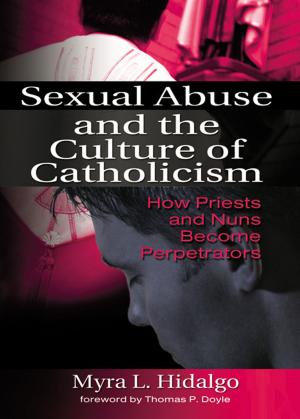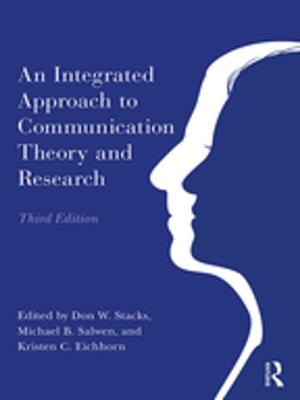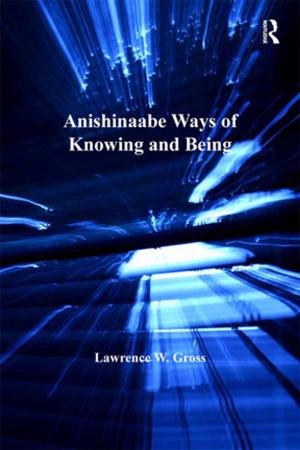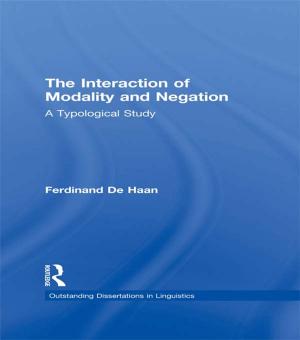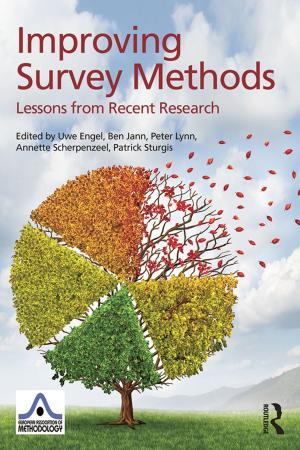| Author: | ISBN: | 9781317401209 | |
| Publisher: | Taylor and Francis | Publication: | October 2, 2017 |
| Imprint: | Routledge | Language: | English |
| Author: | |
| ISBN: | 9781317401209 |
| Publisher: | Taylor and Francis |
| Publication: | October 2, 2017 |
| Imprint: | Routledge |
| Language: | English |
Ever since different communities began processes of global migration, sport has been an integral feature in how we conceptualise and experience the notion of being part of a diaspora. Sport provides diasporic communities with a powerful means for creating transnational ties, but also shapes ideas of their ethnic and racial identities. In spite of this, theories of diaspora have been applied sparingly to sporting discourses. Despite W.G. Grace’s claim that cricket advances civilisation by promoting a common bond, binding together peoples of vastly different backgrounds, to this day cricket operates strict symbolic boundaries; defining those who do, and equally, do not belong. C.L.R. James’ now famous metaphor of looking ‘beyond the boundary’ captures the belief that, to fully understand the significance of cricket, and the sport’s roles in changing and shaping society, one must consider the wider social and political contexts within which the game is played. Contributions to this volume do just that. Cricket acts as their point of departure, but the way in which ideas of power, representation and inequality are ‘played out’ is unique in each.
This book was published as a special issue of Identities.
Ever since different communities began processes of global migration, sport has been an integral feature in how we conceptualise and experience the notion of being part of a diaspora. Sport provides diasporic communities with a powerful means for creating transnational ties, but also shapes ideas of their ethnic and racial identities. In spite of this, theories of diaspora have been applied sparingly to sporting discourses. Despite W.G. Grace’s claim that cricket advances civilisation by promoting a common bond, binding together peoples of vastly different backgrounds, to this day cricket operates strict symbolic boundaries; defining those who do, and equally, do not belong. C.L.R. James’ now famous metaphor of looking ‘beyond the boundary’ captures the belief that, to fully understand the significance of cricket, and the sport’s roles in changing and shaping society, one must consider the wider social and political contexts within which the game is played. Contributions to this volume do just that. Cricket acts as their point of departure, but the way in which ideas of power, representation and inequality are ‘played out’ is unique in each.
This book was published as a special issue of Identities.
